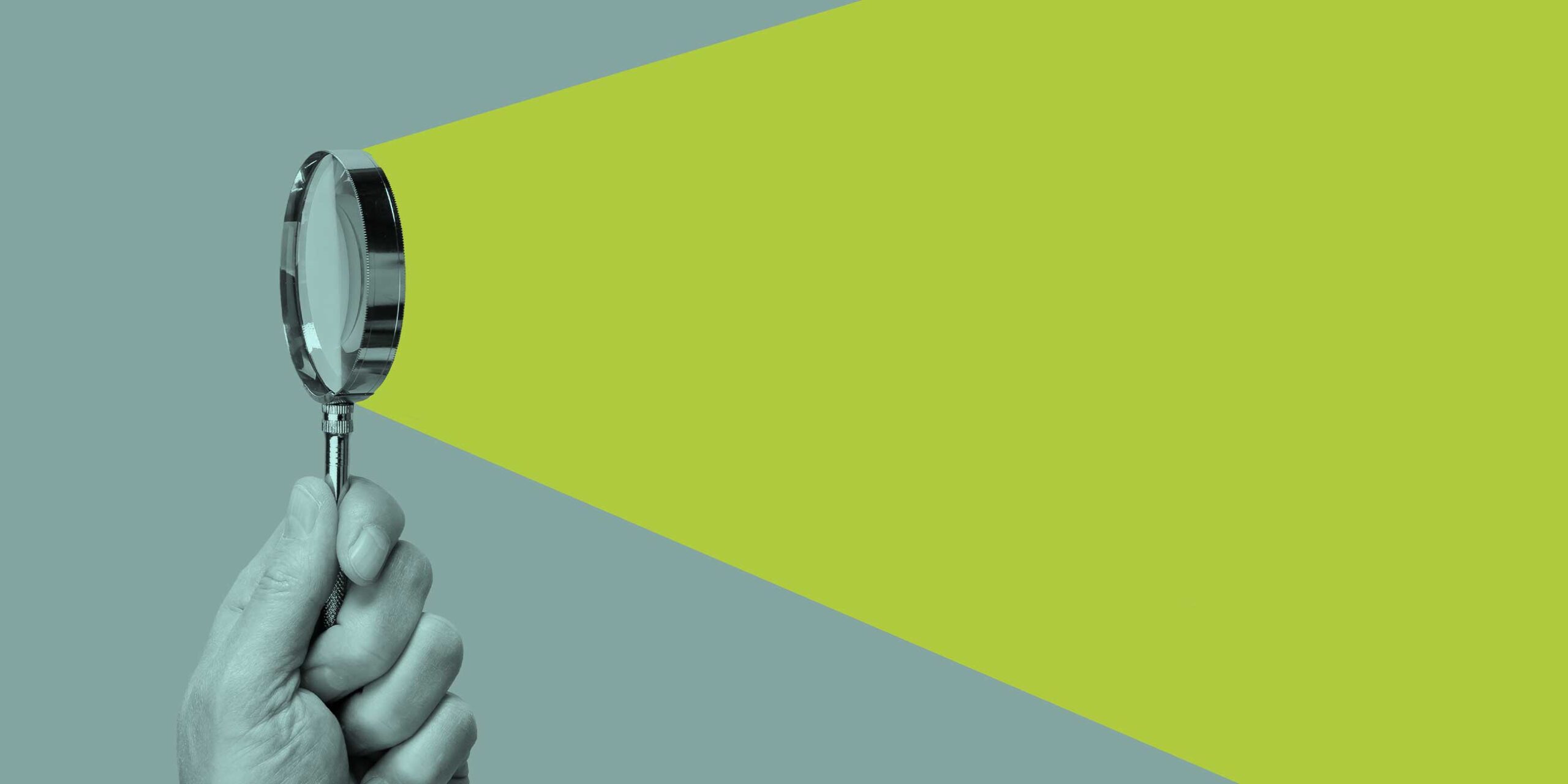While the term “discovery call” is widely known, it begs the question: what exactly is its purpose?
In essence, a discovery call is an opportunity for two parties to have an exploratory conversation in order to uncover insights and challenges the customer may be facing. This provides the other party with valuable information about the customer’s needs and business objectives before proposing any solutions.
Ultimately, this helps ensure that both sides are on the same page when it comes to understanding desired outcomes
Here at Bynder Group, we prefer the term “discovery conversation” over “discovery call,” as this helps emphasize that it’s a two-way dialogue.
Revealing Insights Before Proposing Solutions
Think of your discovery conversation as the diagnostic step that precedes the prescription of the solution. Rather than jumping directly into marketing tactics and software solutions, a good agency will focus on understanding the client’s challenges from all angles and formulating a well-rounded strategy accordingly. This exercise sets the stage for understanding and addressing the core challenges at hand and ensures greater ROI on your investment. A thorough discovery conversation is crucial for several reasons:
Comprehending Client Goals and Requirements:
The discovery conversation presents a valuable opportunity for the marketing agency to gain deep insights into the client’s business, goals, and challenges. This comprehensive understanding is crucial for crafting tailored marketing strategies that precisely align with the client’s unique needs and objectives.
Identification of Challenges:
Through the discovery process, the agency can identify potential challenges the client may be facing in marketing their products or services. By understanding these challenges, the agency can devise solutions to tackle them effectively, ensuring a more successful marketing campaign.
Scope Definition:
The discovery conversation plays a crucial role in defining the project’s scope, encompassing factors such as budget, timeline, and deliverables. This level of clarity serves as a safeguard against scope creep and ensures that both parties share a common understanding of expectations.
Assessment of the Agency’s Expertise:
During the discussion, the client can gauge the competency and expertise of the agency. They can assess if the agency has the required knowledge and experience in the client’s industry, which is essential for success
Budget Alignment:
Discussing the budget during the discovery process ensures that both parties are on the same page regarding financial expectations. It also allows the agency to propose a pricing structure that aligns with the client’s budget constraints.
Mutual Responsibilities:
Defining roles and responsibilities in the discovery call ensures that everyone knows what is expected of them. This clarity reduces confusion and fosters a sense of ownership and accountability.
Customized Solutions:
Armed with information from the discovery conversation, the agency can develop customized marketing solutions. This tailored approach increases the likelihood of achieving the desired outcomes and ensures that resources are allocated effectively.
Building Trust:
Finally, a well-executed discovery conversation builds trust between the client and the agency. It demonstrates the agency’s commitment to understanding the client’s unique needs and sets the stage for a collaborative, long-term partnership.
Questions You Can Expect During Discovery
-
- What are your primary business goals and objectives for the next year or quarter? Understanding the prospect’s immediate and long-term goals guides the agency in tailoring strategies.
- Who are your ideal customers or target audience segments? Knowing the target audience allows the agency to create more effective marketing campaigns.
- What are the main challenges or pain points your company is currently facing in marketing or sales? Identifying pain points helps the agency propose solutions that directly address these issues.
- What is your current marketing strategy, and which channels are you using? Learning about the prospect’s existing strategies provides insights into what’s working and what needs improvement.
- What do you consider your competitive strengths and weaknesses in the market? Understanding the competitive landscape helps the agency position the client effectively.
- Do you have specific KPIs or metrics you use to measure marketing success? Knowing the prospect’s key performance indicators helps the agency set realistic goals.
- What is your budget and resource allocation for marketing initiatives? Understanding budget constraints ensures that the agency’s proposals are financially feasible.
- Have you worked with marketing agencies or vendors in the past, and if so, what was your experience like? Learning about past experiences helps the agency tailor its approach and address any concerns.
- What level of involvement do you expect from the agency in the execution of marketing campaigns? Clarifying the client’s expectations regarding agency involvement ensures a smooth working relationship.
The discovery conversation is a pivotal step in the relationship between a marketing agency and a potential client. This dialogue serves not only as a platform for gathering information and defining scope but also as a conduit for building trust, assessing fit, and establishing a strong foundation for a potentially long-term partnership.
The numerous questions posed during this conversation enable the agency to craft custom marketing strategies that align with the client’s unique needs and objectives, improving the chances of a successful marketing campaign. A well-executed discovery conversation is a clear indication of an agency’s commitment to understanding and addressing the client’s unique business challenges and goals.

